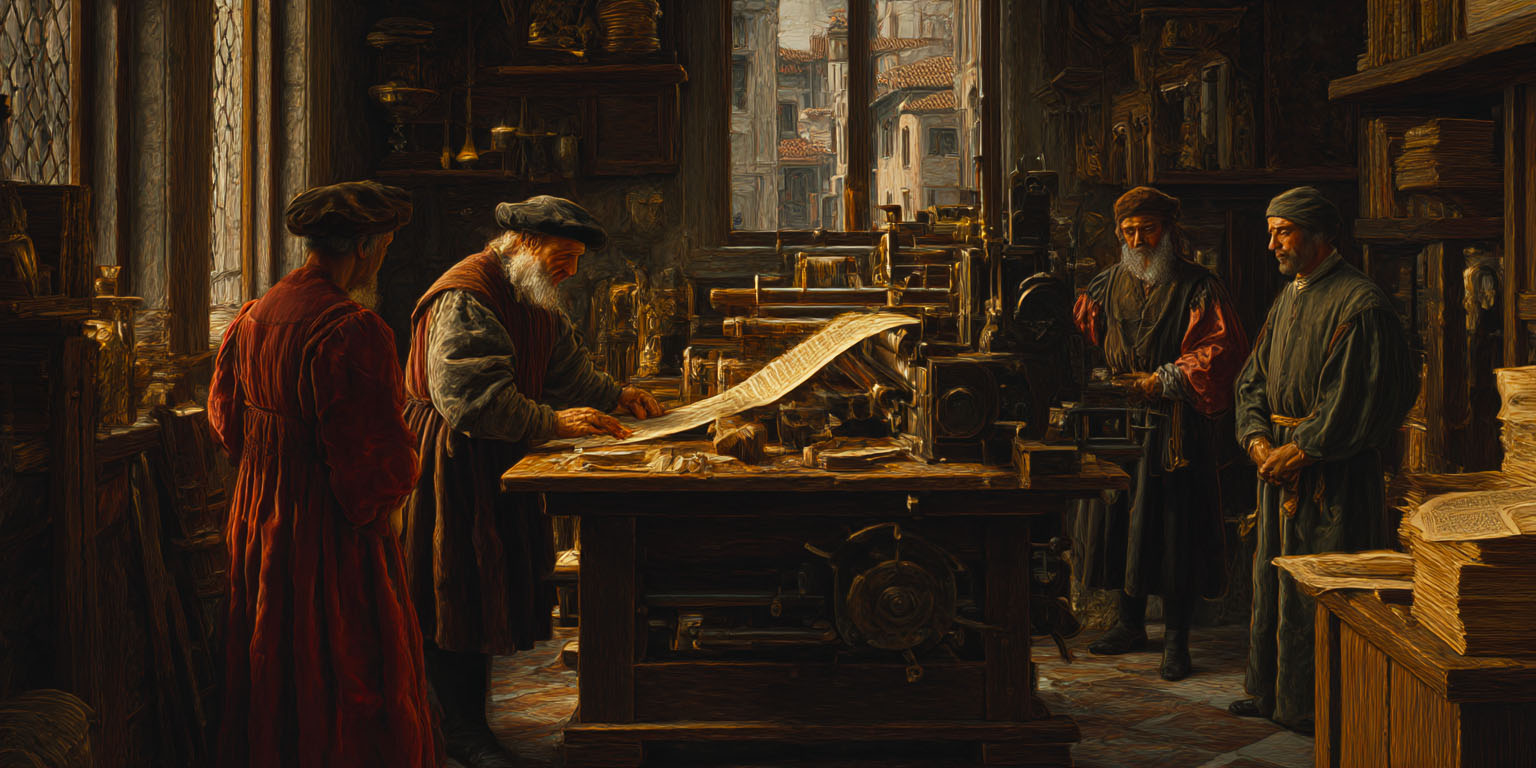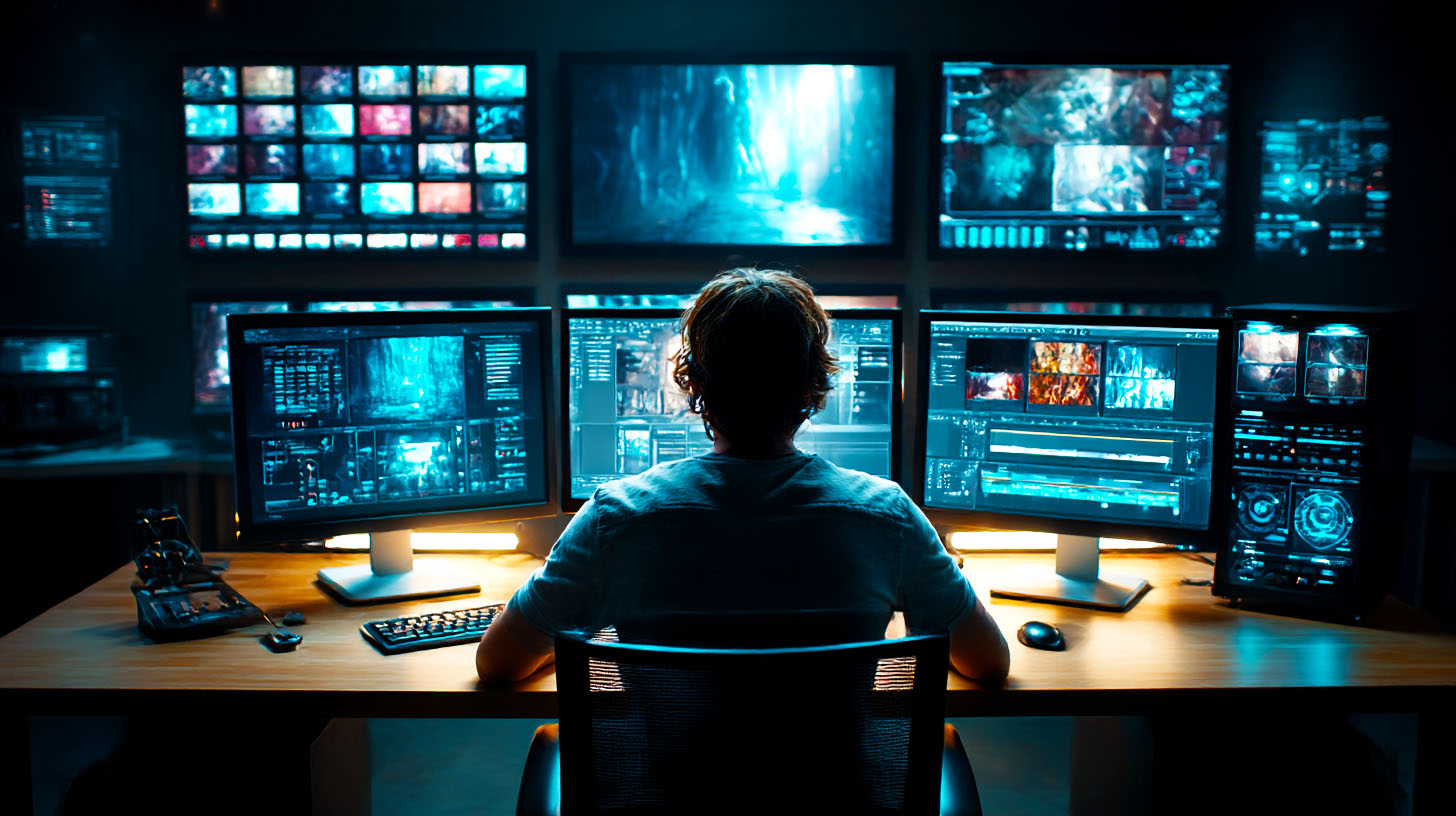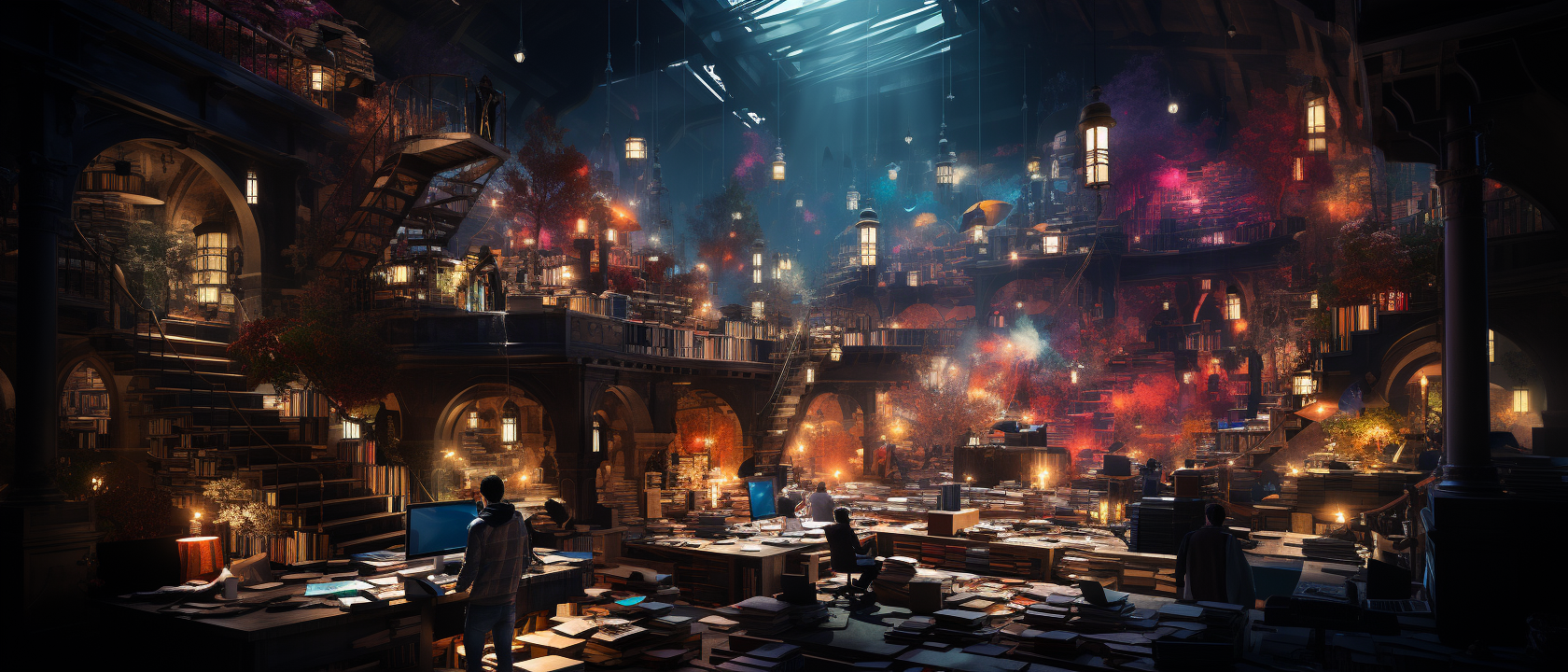Training is not Copying

The Government of India has proposed a hybrid model to address the copyright concerns around generative AI. As much as it needs to be commended for thinking outside the box, the solution they have come up with is fatally flawed.








